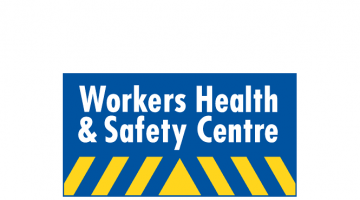Mental health in the workplace
Workplaces play a dual role in the area of mental health. On the one hand, they can be a stressful environment that contributes to mental health problems among workers. On the other hand, they can play an important part in helping to detect and manage mental health problems when they arise among workers, and in ensuring the healthy recovery and return of workers who are off work due to a mental health issue. IWH research in this area helps paint a clearer picture of the prevalence of mental health problems among workers, the types of labour force and workplace factors that may contribute to poor mental health, and the workplace-based and system prevention efforts that can help improve the mental health of workers and ensure they have the proper supports when needed.
Featured

What is the impact of depression on years of employment among working-age adults?

Police service members face challenges with accommodation, communication and trust when returning to work after an injury

Psychosocial work conditions and mental health
Stressful by design: exploring health risks of ride-share work

Supporting return to work among employees with musculoskeletal or mental health conditions: an evidence-based practical resource
A multi-faceted community intervention is associated with knowledge and standards of workplace mental health: the Superior Mental Wellness @ Work study
Psychosocial work conditions and mental health: examining differences across mental illness and well-being outcomes
Employer strategies for preventing mental health related work disability: a scoping review
Dissecting the effect of workplace exposures on workers' rating of psychological health and safety
Developing a Canadian work disability standard for paramedics with post-traumatic stress injury
Improving workplaces to enable people living with mental illness to stay in their jobs
